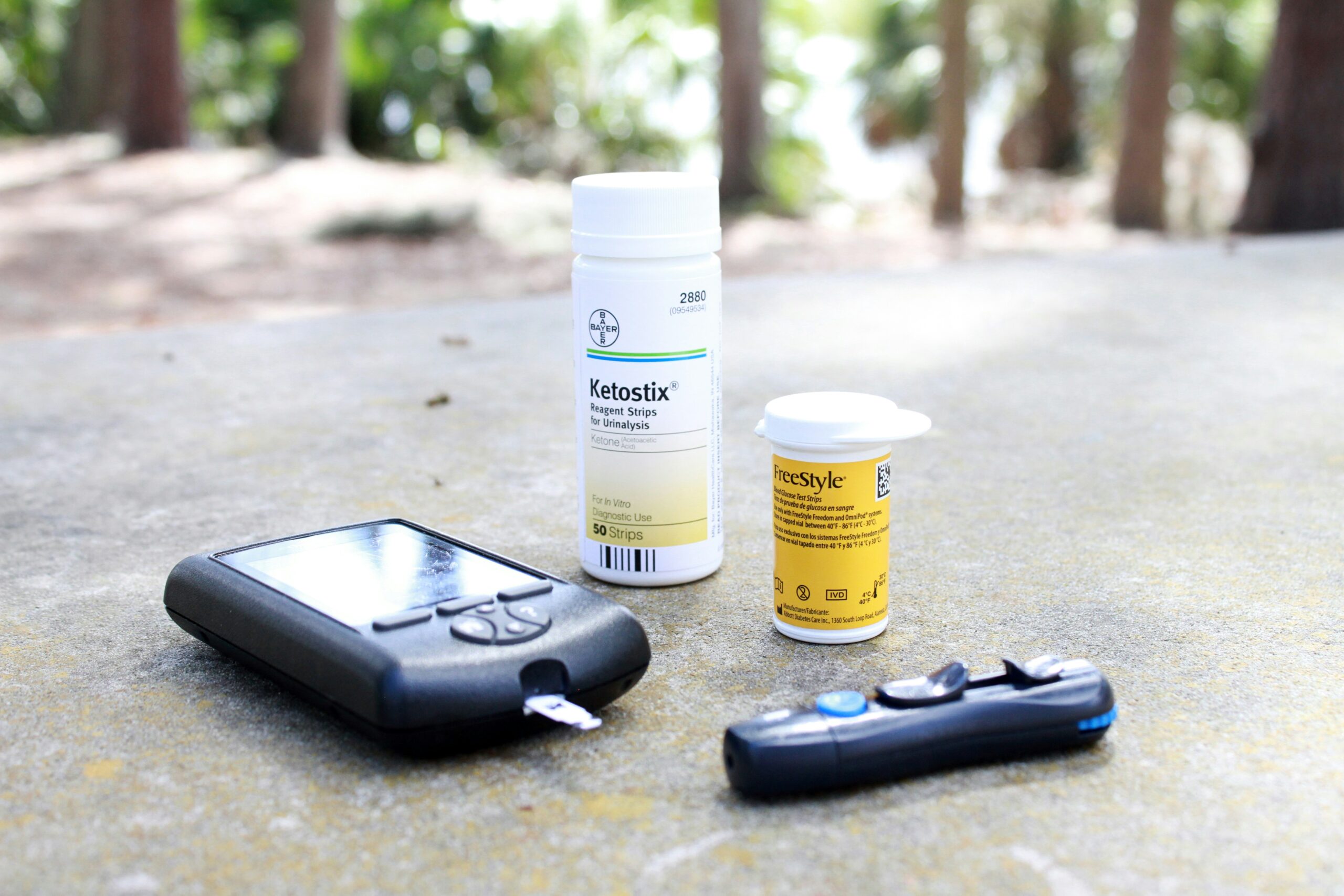Why do we tend to feel more comfortable with familiar people, places, and ideas? This phenomenon, known as the Mere Exposure Effect, offers fascinating insight into why repeated exposure often breeds liking. Originally studied by psychologist Robert Zajonc in the 1960s, the Mere Exposure Effect reveals how repeated exposure to something increases our preference for it. In social contexts, this effect significantly influences our feelings toward people, relationships, and even brands.
In this blog, we’ll delve into the science behind the Mere Exposure Effect, explore its impact on our social behaviors, and discover how it can be used positively in daily life.
What is the Mere Exposure Effect?
The Mere Exposure Effect is a psychological principle stating that people tend to develop a preference for things simply because they are familiar with them. Zajonc’s studies demonstrated that repeated exposure to certain images, sounds, or even people led individuals to feel more positively toward them. In social settings, this effect means that we’re more likely to feel comfortable with people we encounter often, even if we don’t interact deeply with them. This comfort stems from our brain’s inclination to associate familiarity with safety.
The Science Behind the Mere Exposure Effect
Research suggests that the Mere Exposure Effect is rooted in our evolutionary biology. For early humans, familiarity was often a sign of safety, while the unfamiliar represented potential danger. Over time, the brain learned to associate repeated exposure with predictability and trust. When we encounter something or someone frequently, the brain registers it as “non-threatening,” which fosters positive feelings. This explains why, for instance, a new person in the office starts feeling friendlier after a few days of passing by them in the hallway.
How the Mere Exposure Effect Impacts Social Behavior
The Mere Exposure Effect significantly shapes our social interactions, both consciously and subconsciously. Here are some common ways it influences social behavior:
1. Forming Friendships and Relationships
- Repeated interactions increase our comfort and trust with others, often laying the foundation for friendships. This is why friendships frequently develop among people who spend a lot of time together, such as classmates or coworkers. Familiarity encourages us to see others in a positive light, making us more open to connection.
2. Influencing Romantic Attraction
- Repeated exposure can enhance romantic attraction, a concept called “proximity effect.” Studies show that people often develop romantic feelings for individuals they encounter regularly. Familiarity breeds comfort and intimacy, key ingredients for attraction.
3. Brand and Product Preferences
- Brands often leverage the Mere Exposure Effect by placing their logos and advertisements in front of consumers repeatedly. Over time, people are more likely to trust and prefer a brand simply because they’ve encountered it frequently. This strategy is particularly evident in marketing and advertising.
4. Reducing Social Anxiety
- Familiarity with people and environments can reduce social anxiety. For example, someone who initially feels anxious at a new job may start feeling more comfortable after a few days, thanks to frequent exposure to the workplace and coworkers. This repetitive exposure fosters a sense of belonging and safety.
Practical Ways to Use the Mere Exposure Effect for Positive Social Connections
Understanding the Mere Exposure Effect can help you use it intentionally to build stronger social bonds and reduce feelings of unfamiliarity. Here’s how you can leverage it in daily life:
1. Increase Your Presence in Social Settings
- If you’re trying to form connections in a new environment, such as at work or in a social group, showing up regularly can increase others’ comfort with you. Consistent attendance at meetings or group activities subtly establishes familiarity, making it easier for others to approach you.
2. Engage in Brief Interactions
- Small, regular interactions can create familiarity even if you’re not having long conversations. A simple greeting or a friendly nod every time you see someone builds a sense of mutual recognition, which can lay the groundwork for future interactions.
3. Use Familiarity to Overcome Social Anxiety
- Familiarity can be a powerful tool for reducing social anxiety. When entering new social situations, try to focus on a few recurring faces. Each repeated encounter helps your brain perceive the situation as safe, easing anxiety over time.
4. Revisit Locations and Routines
- If you’re in a new city or environment, revisiting familiar places and routines can help you acclimate faster. Whether it’s your favorite coffee shop or a regular route you take, this familiarity can make you feel more comfortable and less overwhelmed by the novelty around you.
Examples of the Mere Exposure Effect in Everyday Social Life
The Mere Exposure Effect is at play in many areas of daily life, often without us even realizing it. Here are a few examples:
- Friendship Formation at Work or School: You may notice that you naturally feel more at ease with people you see regularly, like a colleague in the neighboring cubicle or a classmate in a recurring class.
- Marketing and Advertising: Ever wonder why you see the same ad multiple times across different platforms? Marketers use the Mere Exposure Effect to create brand familiarity, making you more likely to trust and eventually choose their product.
- Online Dating: On dating apps, individuals tend to swipe right more often on profiles that they’ve seen before, even if they initially passed on them. Familiarity increases comfort, which can subtly influence attraction.
- Community and Neighborhood Relationships: Seeing the same people in your neighborhood, even if you don’t know them personally, can create a sense of community. Familiar faces naturally feel more approachable and trustworthy over time.
Balancing Familiarity and Novelty
While the Mere Exposure Effect promotes comfort with the familiar, novelty can also be exciting and beneficial for growth. Achieving a balance between familiarity and novelty allows you to maintain comfort in social relationships while also exploring new experiences and perspectives. Trying new activities with familiar people, for instance, can introduce healthy novelty without causing discomfort.
Final Thoughts: Embrace Familiarity for Stronger Social Connections
The Mere Exposure Effect shows us that sometimes, simply being present and consistent is enough to build positive social connections. Familiarity breeds comfort, trust, and openness — all of which are foundational for meaningful relationships. Whether you’re building friendships, strengthening community ties, or even exploring brand preferences, the Mere Exposure Effect offers a powerful tool for navigating social dynamics.
By understanding and intentionally using the Mere Exposure Effect, you can turn repeated encounters into opportunities for deeper connections, confidence, and social ease. So next time you’re in a new social setting, remember: sometimes, just showing up consistently is all it takes to spark positive relationships.
Want to explore more about psychology and social behavior? Check out our other posts on relationship building, habit formation, and mental wellness to deepen your understanding of the social mind.



Yay google is my world beater helped me to find this outstanding internet site! .
I got what you intend,saved to bookmarks, very decent internet site.
Very interesting info !Perfect just what I was searching for!